In the space of six weeks, Nigeria and Britain have both held their general elections. David Cameron will remain prime minister of Britain, but Goodluck Jonathan will not have the same luck, even though both men employed similar religious tactics to boost their support base ahead of the polls.
These are not the only contrasts or similarities between the March 28/April 11 elections in Nigeria and Thursday’s polls in the UK. A few more here:
PEACE VS VIOLENCE
While violent incidents were recorded in some parts of Nigeria and dozens of people were killed in pockets before and during the poll, UK citizens conformed with civility such that no breakdown of law and order was reported during the six weeks of electioneering until polling stations opened at 7am on Thursday and closed at 10pm across 50, 000 polling stations.
Advertisement
JONATHAN, CAMERON LIKE TO WORKSHIP
One of the strategies adopted by Nigerian politicians during election was the use of religion to woo voters. Outgoing President Goodluck Jonathan frequented churches, particularly the Redeemed Christian Church of God and the Living Faith Ministries, and he spent considerable time with Enoch Adeboye and David Oyedepo, the respective leaders of both churches.
Jonathan’s critics were quick to conclude that such pre-election fraternity with religious leaders could only happen in a country like Nigeria. But Cameron proved them wrong less than a month to his own judgement day when he appeared at an all-night programme of the Redeemed Christian Church of God (RCCG) in London, and then showed up at a Sikh temple few hours later to offer prayers.
Advertisement
In what may be termed his own Sikh experience, Jonathan received prayers from traditional rulers at the palace of the Ooni of Ife moments after attending the Holy Ghost Congress of the RCCG.
LIKE CARD READERS, LIKE ‘IT GLITCHES’
Lots of Nigerians were disenfranchised as a result of the malfunctioning of the voter card readers introduced this year by the Independent National Electoral Commission (INEC). The hitches were largely recorded in Rivers, Niger, Edo, but it was at the president’s home town of Otuoke, Bayelsa state, that the biggest embarrassment was recorded, as four different card readers failed to verify his biometrics. It looked like Nigeria was just never going to get its elections right.
Advertisement
But Nigeria is not the only country where elections are imperfect, after all. On Thursday, dozens of people planning to vote were turned away from polling stations in parts of east London and Dorset because they were not registered on the electoral roll as a result of “IT glitches” even though many of them had polling cards.
Some Britons abroad complained that postal votes arrived too late to allow them exercise their democratic rights. In Hackney, at least 30 people queued to protest their disenfranchisement by the problems. Aliz Rowe, one of those affected, felt so bad she said she felt like “a right has been taken away from me” and termed her exclusion from voting “ridiculous” because “everyone’s saying how close the election is, how important it is to vote”.
In Bournemouth, 100 people were unable to cast their vote because of an administrative blunder that saw them receive the wrong ballot papers. Books of ballot papers issued to polling staff in Kinson North had covers marked Kinson South and vice versa. In his apology to those affected, Tony Williams, Bournemouth council’s chief executive, who is acting returning officer in the elections, said the problem was caused by “a printing error”.
Advertisement
POST-ELECTION RESIGNATIONS
If you’re a typical Nigerian, the next few sentences will make no meaning to you. After Cameron’s Conservatives Party won the UK election, Labour leader Ed Miliband said he would stand down on Friday because his party needed to “rebuild” with a new leader.
Advertisement
Seeing that his party would be reduced from 57 MPs to eight, Nick Clegg, leader of Liberal Democrats, followed suit, admitting that the loss was “crushing”.
For similar reasons, Nigel Farage quit as UK Independence Party (UKIP) after failing to be elected.
Advertisement
These kinds of resignation are alien to the Nigerian system. Adamu Mu’azu, chairman of the Peoples Democratic Party (PDP), has recently been under intense pressure to resign, after Jonathan’s loss to Muhammadu Buhari – the first time since 1999 that PDP has lost a presidential election. But Mu’azu won’t budge. It is not a Mu’azu problem, though. No Nigerian party leader has ever resigned after his party’s loss at the polls, an Mu’azu would shock the world to be the first to.
Advertisement
1 comments


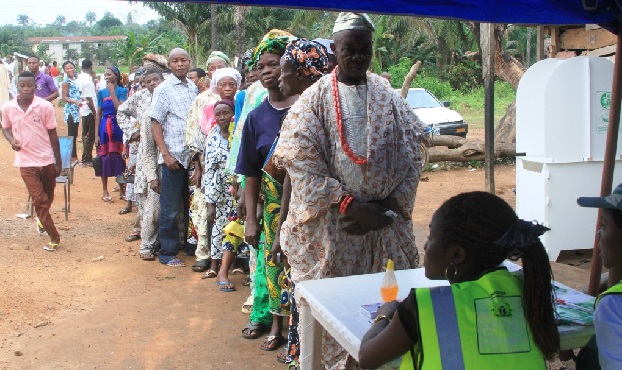

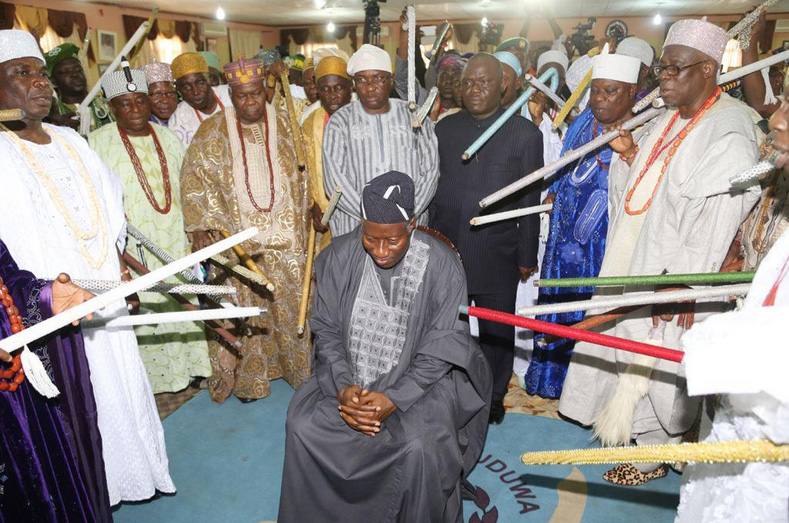
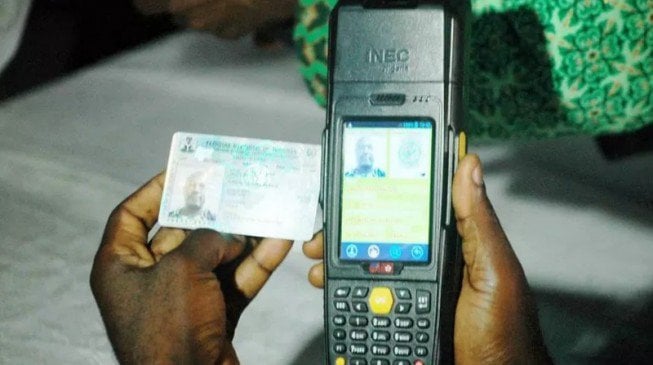

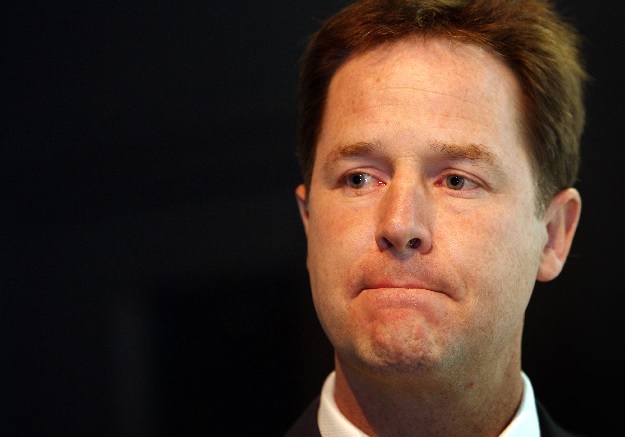
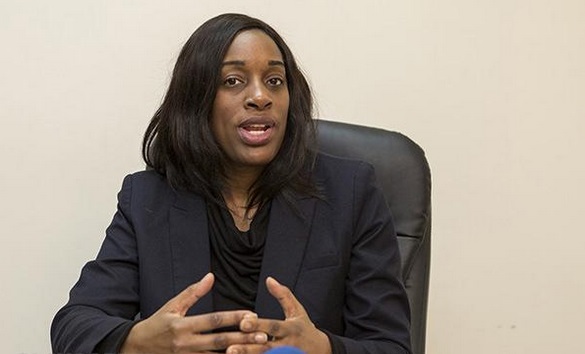
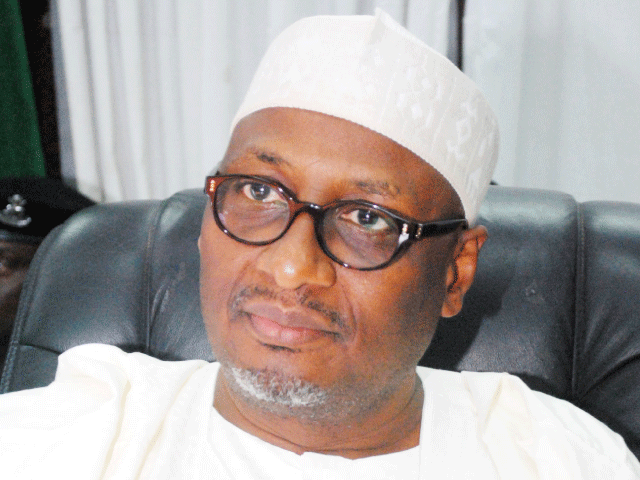

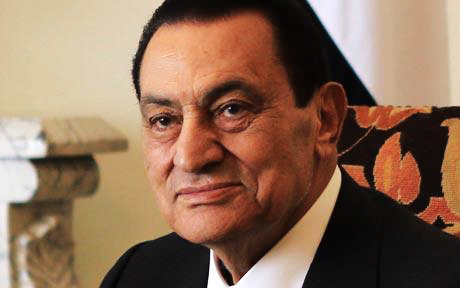
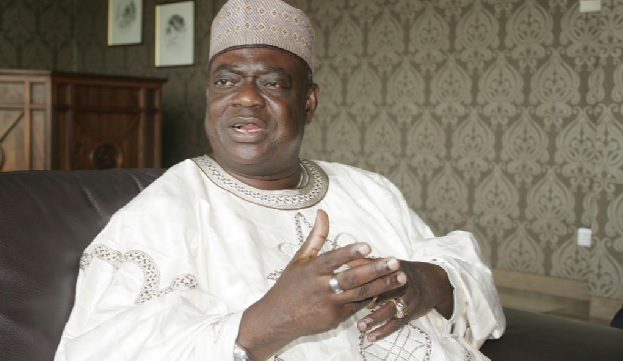

The comparisons you have drawn on the elections in Nigeria and Britain is an eye opener….
keep it up